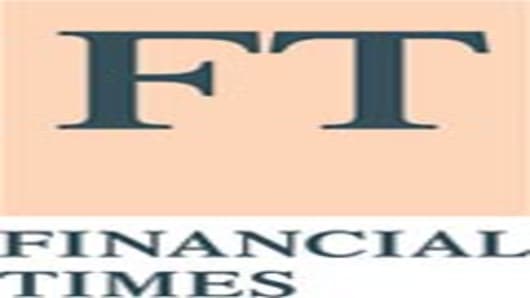The European Central Bank has bought €16.5 billion ($20.39 billion) of euro zone government bonds as part of international rescue plan, amid widespread investor concern that the intervention is not yet big enough to stabilize debt markets.
The euro on Monday fell to its weakest level against the US dollar since April 2006 in spite of the €750bn international support package and central bank intervention. The euro has fallen 14 per cent against the dollar this year.
The scale of the ECB’s intervention was at the low end of analysts’ expectations. But the move has broken new ground for the guardian of the euro currency, which had previously resisted buying government bonds outright.
David Bloom, global head of foreign exchange strategy at HSBC, said: “Prior to the current crisis the euro was deemed to be the Deutschemark in disguise. But the rise in sovereign risk has changed this perspective. It now seems that people think it is a drachma in disguise.”
Ulrich Leucthmann, head of foreign exchange research at Commerzbank, said: “What we are currently experiencing is almost like a run on the euro.”
Other analysts said the lack of buying interest from long-term investors such as central banks was particularly ominous.
There were signs that the weaker euro could lead to a delay in China modifying its effective dollar peg. Yao Jian, spokesman for the commerce ministry, said at a briefing that the Chinese currency had already appreciated significantly recently as a result of the weaker euro, which would hurt China’s exporters.
The support package has shored up euro zone bond markets but the euro’s weakness is seen as a warning that policymakers must introduce fiscal reform to ensure public finances do not spiral out of control.
The move to buy euro zone debt has already split the ECB governing council amid fears that the move would undermine policies aimed at price stability.
Ewald Nowotny, ECB council member and Austria’s central bank chief, highlighted the tension when he said he was astonished at the “hysteria” in Germany about inflation pressures.
Jean-Claude Trichet, ECB president, has said that the bank’s action is different to quantitative easing by the US and UK, which sought to reverse the economic downturn.
To offset the inflationary impact, the ECB will on Tuesday launch a “sterilization” operation to absorb €16.5bn into one-week fixed-term deposits – withdrawing the liquidity it has injected via its bond purchases.


